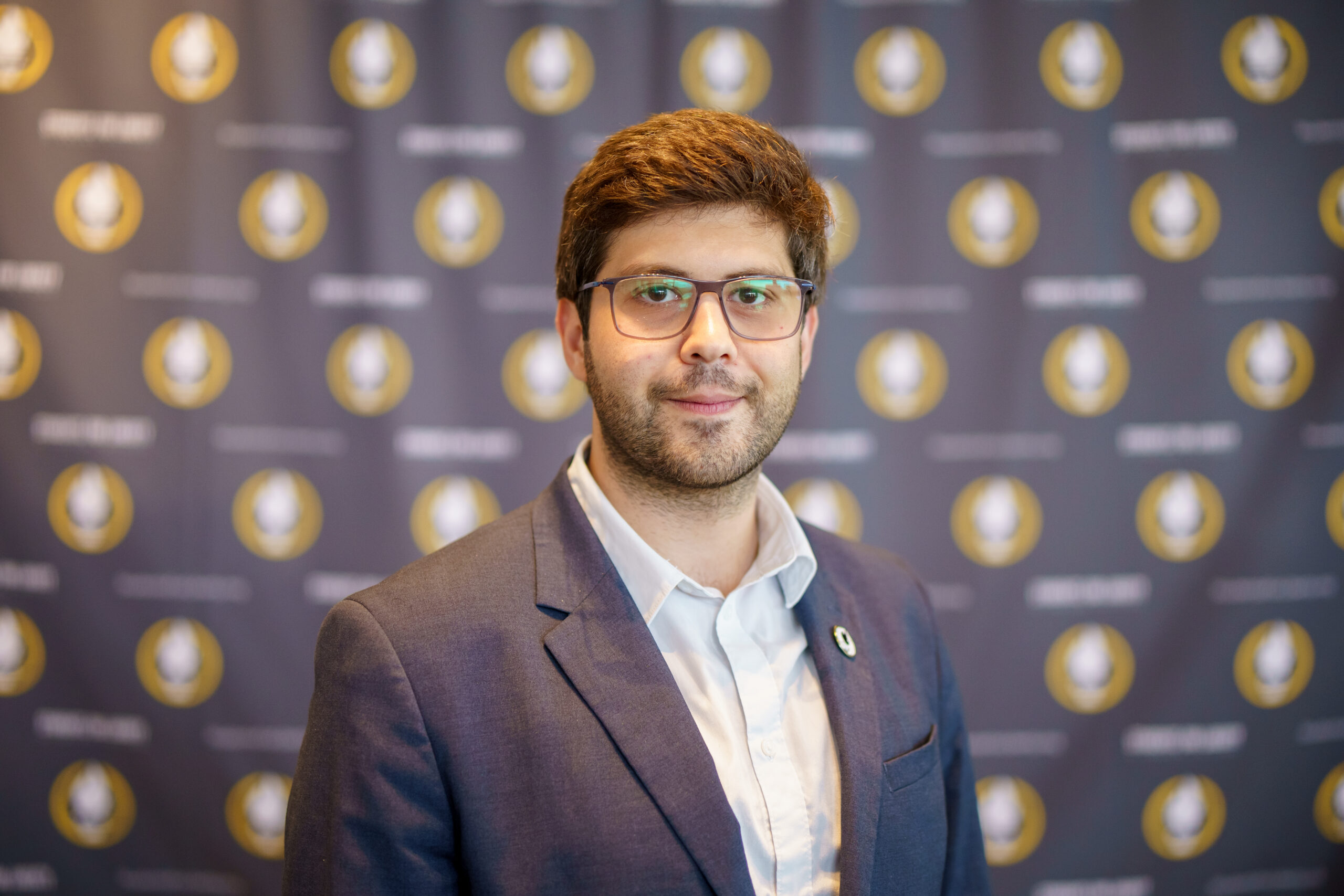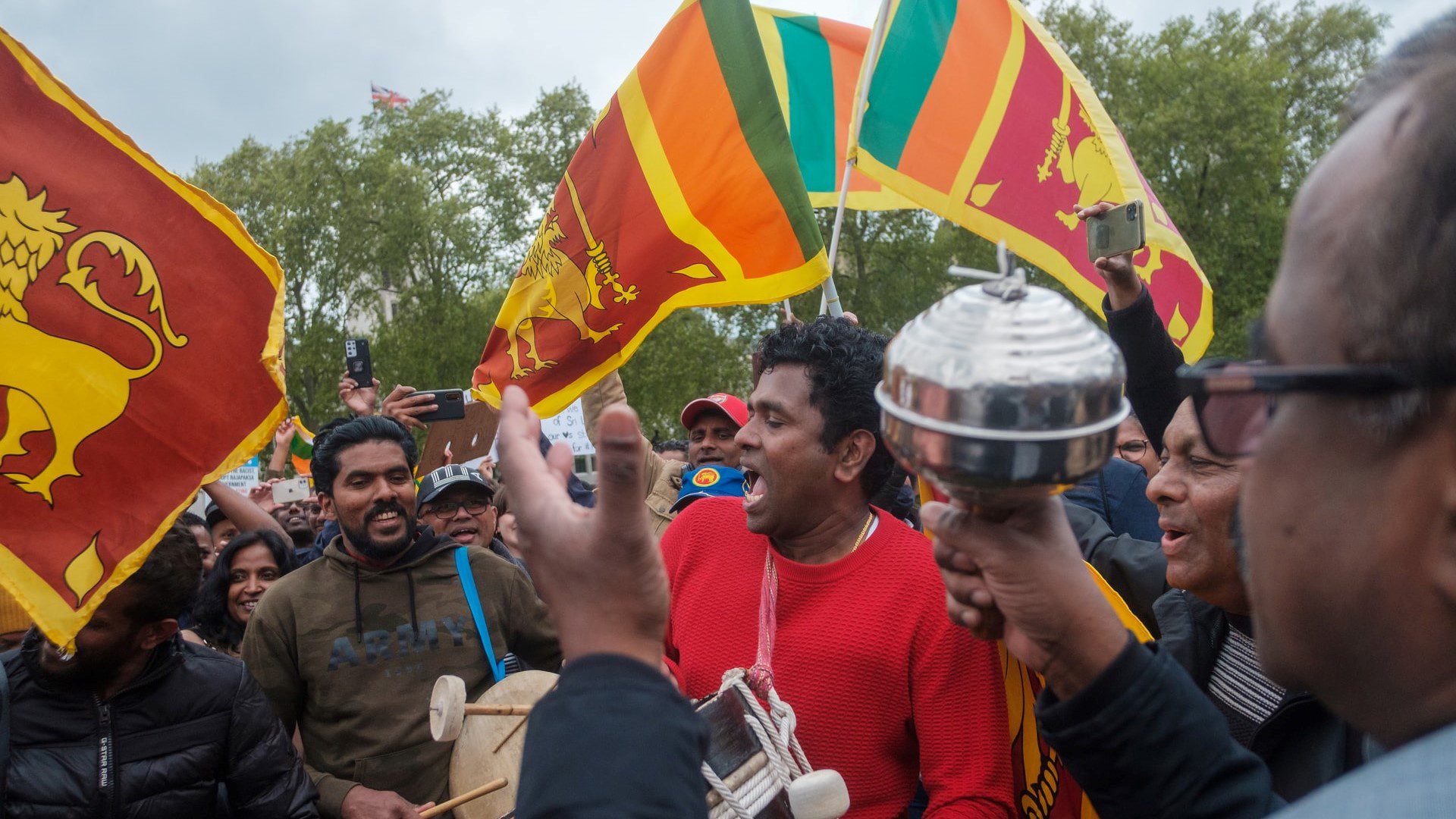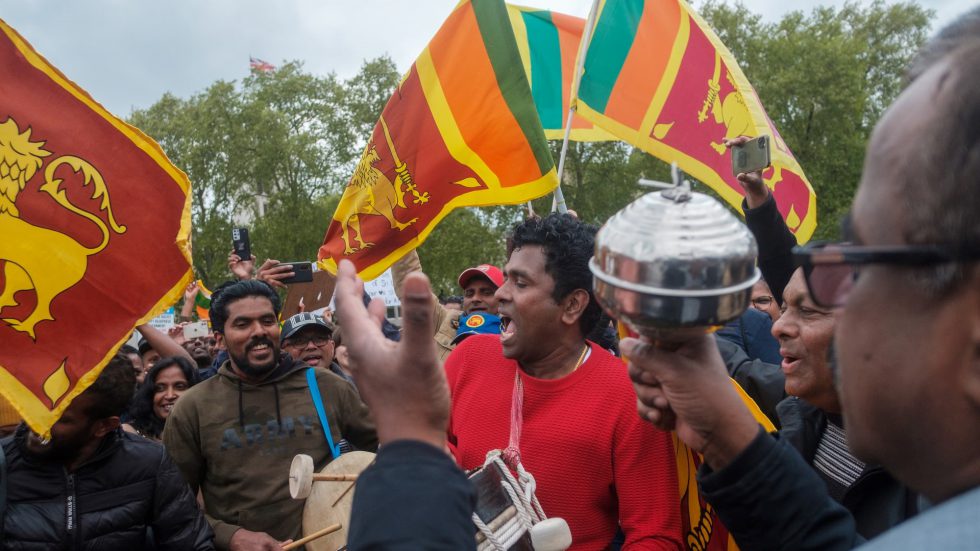On August 9, 2020, the eastern European nation of Belarus held its latest presidential election. Despite growing signs of opposition to his rule, the country’s authoritarian leader, Alexander Lukashenko, declared that he had won reelection with over 80% of the vote. Lukashenko, the former director of a collective farm during Soviet times, has been in power since 1994, shortly after Belarus became an independent nation. He is often referred to as “Europe’s last dictator”.
Elections in Belarus: anything but free and fair
As with previous Belarusian presidential elections, in which Lukashenko also claimed large margins of victory, there is significant evidence that the electoral process has been anything but free and fair. In the lead-up to this year’s elections, several prominent opposition candidates were barred from running. During most of his 26-year rule, Lukashenko has never had to contend with any significant political opposition. He has achieved this by ensuring that only a select few approved opponents are allowed to stand. However, amid increasing public frustration, this year’s election was always going to prove more challenging to manage.
This year, the leading opposition candidate, Svetlana Tikhanovskaya, decided to run for president after her husband, pro-democracy activist Sergei Tikhanovsky, was arrested and disqualified from the presidential race. According to Belarusian government figures, she received only 10% of the vote, despite gaining unprecedented public support at rallies in the lead-up to the election.
Immediately after the official results were announced, Tikhanovskaya, along with many observers, declared the election to have been fraudulent. She believes that, had it not been for fraud on the government’s part, she would have received around 60% of the vote, making her the legitimate winner of the election.
An unprecedented movement
Following Lukashenko’s declaration of victory, large numbers of opposition supporters took to the streets to denounce the fraudulent result. One month after the election, despite repressive government measures targeting those involved, the protests are not only ongoing, but growing.
Many people in Belarus are increasingly eager to voice their opposition to the authoritarian Lukashenko regime, and are seemingly no longer afraid of the severe repercussions they may face. The 66-year-old dictator has even lost the support of many public sector workers, a demographic whose loyalty he has previously been able to reliably count on.
Unprepared for an uprising of the current scale, Lukashenko may be running out of ideas. He asserts that the protests are the result of western interference, and believes that, if all else fails, he can count on Vladimir Putin for support. However, the relationship between Lukashenko and Putin has often been difficult. Given that the protests are not necessarily antagonistic towards Russia, it is unclear whether Putin would want to get involved.
The plight of the opposition
Many opposition figures, including Tikhanovskaya herself, have had to flee the country for their own safety. Many more have been arrested and incarcerated, or else have disappeared. Despite demonstrations being deemed illegal by the Lukashenko regime, the protesters do not show any signs of losing momentum. However, many individuals have been subjected to horrific violence from state forces.
While protesters in larger crowds may enjoy relative safety in numbers, there is overwhelming evidence of extreme force being used by state forces against peaceful citizens. This occurs mainly when crowds are dispersed and individuals are more isolated. Members of the public have been arrested seemingly arbitrarily whenever they are in the vicinity of a protest. In its efforts to clamp down on the uprising, state forces have also been known to confiscate historical white-red-white Belarusian flags, which have become a symbol of the opposition.
Unsurprisingly, there is very little transparency around the state’s reprisals against the protesters. In some instances, people have been approached and beaten up by government agents in plain clothes. Taking part in the protests brings with it not only a physical risk, but also a financial one. If seen attending anti-Lukashenko demonstrations, many workers face losing their jobs, and students risk being expelled from their universities. However, many choose to face the risks as they have simply had enough of a leader who has held the country back in so many ways.
A brighter future for Belarus?
For so long, the people of Belarus have endured a succession of hardship. The nation has always been at a crossroads, with many armies having passed through the region, bringing death and destruction. Belarus was worse affected than most countries by the horrors of World War II, as well as by the 1986 Chernobyl disaster. Since the end of the Soviet Union, Belarusians have witnessed many of their neighbors become increasingly prosperous and free, while their country has in many ways been left behind.
Now, however, an increasing number of Belarusians have lost patience with Lukashenko. Those protesting are determined to seek an end to the repression, corruption, and authoritarianism that has blighted the country for so long.
Given the scale of the pro-democracy movement, it looks increasingly like an uphill battle for Lukashenko to stay in power. In light of this enthusiasm for change, there are many reasons to believe that, sooner or later, Belarus can look forward to a brighter, freer, and more prosperous future. However, we must remain vigilant and continue to show support for the struggle for freedom in Belarus. Finally, those responsible for human rights abuses must be held accountable.
Students For Liberty’s CEO, Dr. Wolf von Laer, recently interviewed one of our own student activists in Belarus, Piotr Markielau, on his experience and perception of what the future of Belarus holds.








